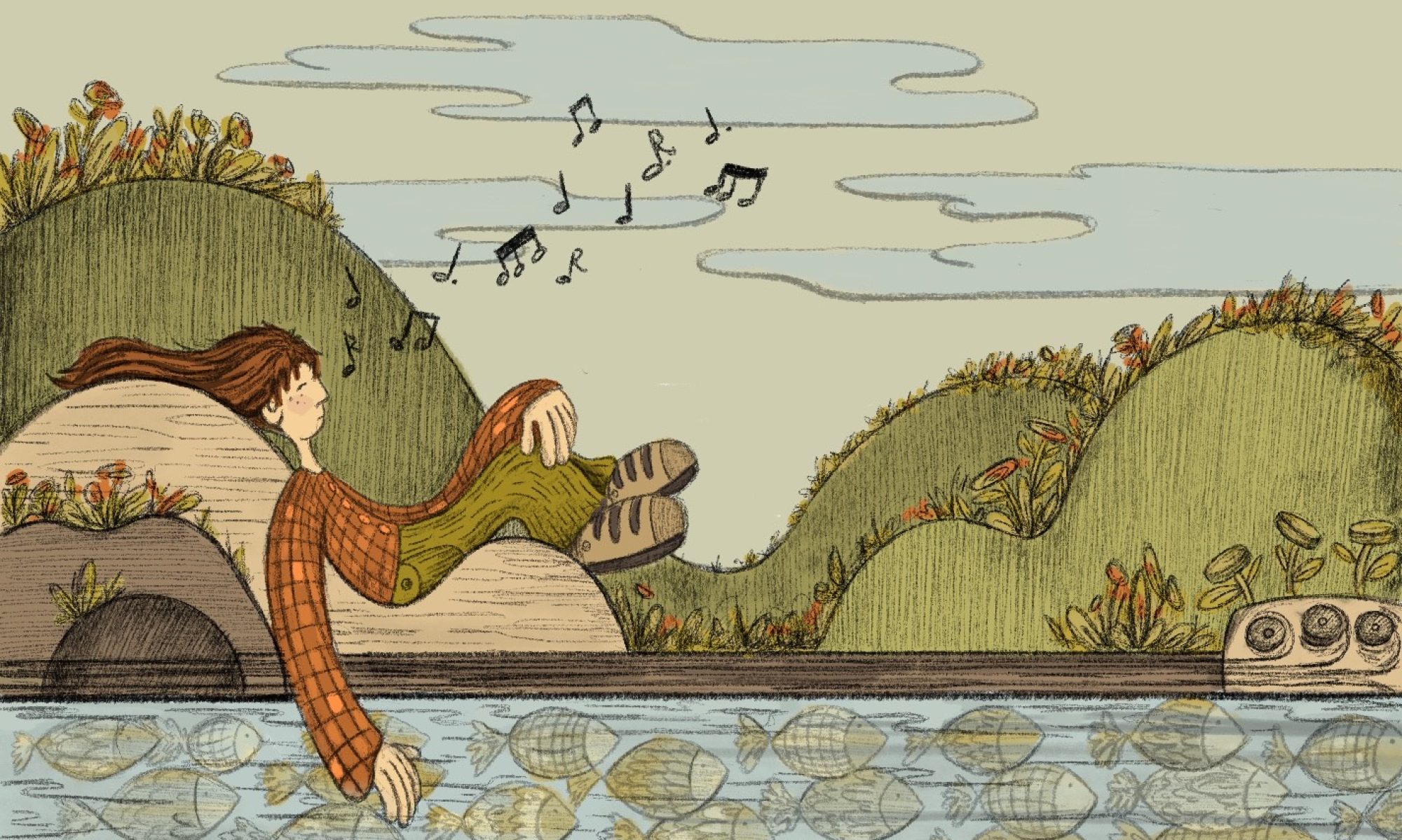What We Remember, What We Name, and How We Carry It With Us
Nomenclatures of Invisibility by Mahtem Shiferraw is a call back to the self, to ties to ancestors, the land that nurtures, and acts of displacement that disrupt those bonds. Shiferraw’s distinctive narrative style carries the reader across 81 pages of poetry. This is a book for those who want to divulge into the unraveling mystery of defining the self and home through inheritance of memory, names, nature, ancestors, and paths taken or almost taken.
Shiferraw’s first poem, “Eucalyptus Tree I” and a later poem “The Eucalyptus Tree II” tell of a tree that calls the narrator “child” and “daughter”. Nature is used as a powerful symbol for naming and relationship definition in the collection. The strength of naming and trees are present throughout the poems, which is seen in a later poem, “For Micah, My Neverborn”, in which the speaker calls an unborn child’s growth and cessation of growth reminiscent of a tree. Shiferraw writes, “I drank so much water// thinking this body to be a tree, thinking I could summon/it into nurturing you, slowly, slowly” (15). The poems work to mirror the body and the progression and permanence of the natural world. Shifferaw continues this notion in “For Micah, My Neverborn”, through “believing this seed would need to survive/the spices of my ancestors to grow strong” (15). “Mother Mango II” also shows how human it is to embody the resilience of something as familiar as a tree. These poems bare down on how the body and the rest of the human experience aren’t so different from the workings of a tree in the soil. How they are as intricate as lineage and culture.
Nomenclatures of Invisibility shows the direct link between past, present, and future and how they interact closely to create the reality of this collection of poems. The link is not only necessary to support the truth in the poems, but to show how generational trauma is being carried in the speaker’s body. Shiferraw writes of a miscarriage: “I don’t know how to do this, how to continue/carrying with me a body riddled with new wars.//I don’t know how to bear the wars of other women—/mothers, grandmothers, aunts, sisters—our language//is that of dying. I had so much to tell you, so much…” (16). The poem’s speaker carries around personal and ancestorial trauma in their own body and owns the memory of their ancestors and their battles faced. “The Breaking” shows this carried trauma through a direct lens by stating, “I was born/with grief already etched/deep into these irises…” (37). This collection contains multitudes of richly linked familial identities and realities throughout.
The identity of the grief and trauma present in the collection is defined carefully through historical poems like “Wucalle”, which allow the reader to see the wounds of the past and why they are ever so present. Shifferaw writes to the reader: “…here, I expect you/to go out into the world, and reclaim my/narrative” (24). “Dust and Bones” states: “This is not my story;/but in it I stand/called by other names; the ghosts of my past selves/all reaching at the same time/and all refusing this—” (34). Nomenclatures of Invisibility is not just a map of grief, but a new claim on the ownership of Ethiopian history and what it means to own one’s own story.
The speaker in “Transcendence” shows how the grief and trauma attached to these poems is not all of sorrows, but of strength— “…here is my name: I am more, I am free” (53). This collection is not only of loss, but of pride in the culture carried in the bones of each poem, of each speaker on the page. These poems show how we are not only our present self, and how “we walk/in unison too: our backs bending at once…” with our ancestors (13). Shifferaw truly showcases how powerful ties to the past can be, and how the stories we hold tie us to home, however we choose to hold onto and define those spaces.
